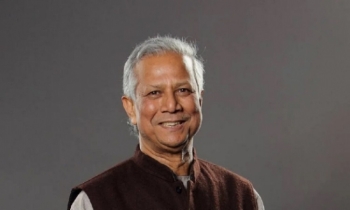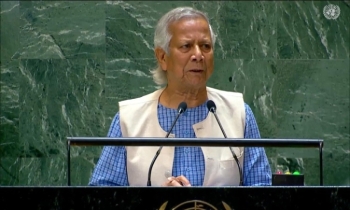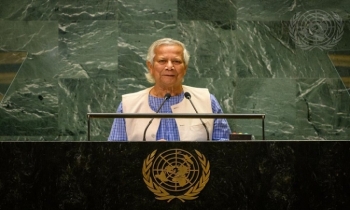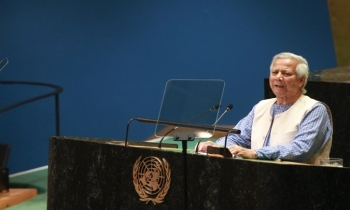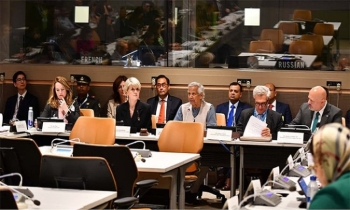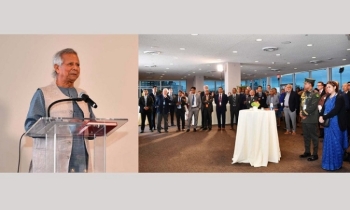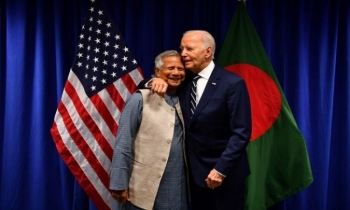Bangladesh moves 2 notches up in Human Development Index
|| BusinessInsider

Photo: Collected
Bangladesh has moved up two notches in the traditional Human Development Index (HDI) to 133 compared to last year, says a new report on Monday.
However, it remains fifth among the eight south Asian countries covered in the report but bounced up nine notches in the new planetary pressures-adjusted human development index (PHDI).
With the Covid-19 pandemic being the latest crisis facing the world, a new report published globally by the United Nations Development Programme (UNDP) warns that unless humans release their grip on nature, it won't be the last.
The Human Development Report (HDR) 2020 titled, The Next Frontier: Human Development and the Anthropocene, launched in Bangladesh on Monday, six days after the global launch, includes a new experimental index on human progress.
The report states that Bangladesh has made impressive strides in human development. Between 1990 and 2019, Bangladesh's HDI value has increased by 60.4 percent.
Bangladesh's 2019 HDI is above the average for countries in the medium human development group.
Between 1990-2019, Bangladesh's life expectancy at birth increased by 14.4 years, mean years of schooling increased by 3.4 years, and expected years of schooling increased by 6.0 years.
Bangladesh’s GNI per capita also increased by around 220.1 percent between 1990 and 2019, the report said.
“Despite numerous challenges, Bangladesh is committed to nourishing the health of our planet, and working towards building a Shonar Bangla as envisioned by the Father of our Nation,” said Planning Minister MA Mannan, who unveiled the report in Bangladesh.
He said the strain on the planet mirrors the strain facing many of the societies, and climate change, among other dangerous planetary changes, will only make them worse.
UNDP Bangladesh’s Resident Representative, Sudipto Mukerjee, pointed out that the Coronavirus pandemic's collateral costs far outweigh the loss of lives.
name a few of the obvious, such as a large number of people pushed into poverty due to lost livelihoods, increased inequalities, increased gender-based violence, increased risks of having a large proportion of children and youth dropping out of education, etc.,” Sudipto pointed out.
The 30th Anniversary Edition of the report, the HDI, which usually measures a nation's health, education, and living standards, has been adjusted to include two more elements: a country's carbon dioxide emissions and its material footprint.
The adjustment now shows how the global development landscape would change if both the wellbeing of people and the planet were central to defining humanity's progress.
For example, more than 50 countries dropped out of the very high human development group, reflecting their dependence on fossil fuels and material footprint.
The launch included a presentation detailing the new PHDI by Balazs Hovarth, Senior Economic Advisor, UNDP Asia Pacific.
Following the launching, a panel discussion was held with participation of Prof. Shamsul Alam, Senior Secretary, GED, Planning Commission; Prof. Saleemul Huq, Climate Scientist, Director ICCAD; Dr Fahmida Khatun, Executive Director, Centre for Policy Dialogue; Dr Samia Huq, Anthropologist, Dean of General Studies, BRAC University; and Ar. Iqbal Habib, Architect and Environmentalist. Shahidul Haque, Former Senior Secretary, Foreign Affairs, moderated the discussion.


